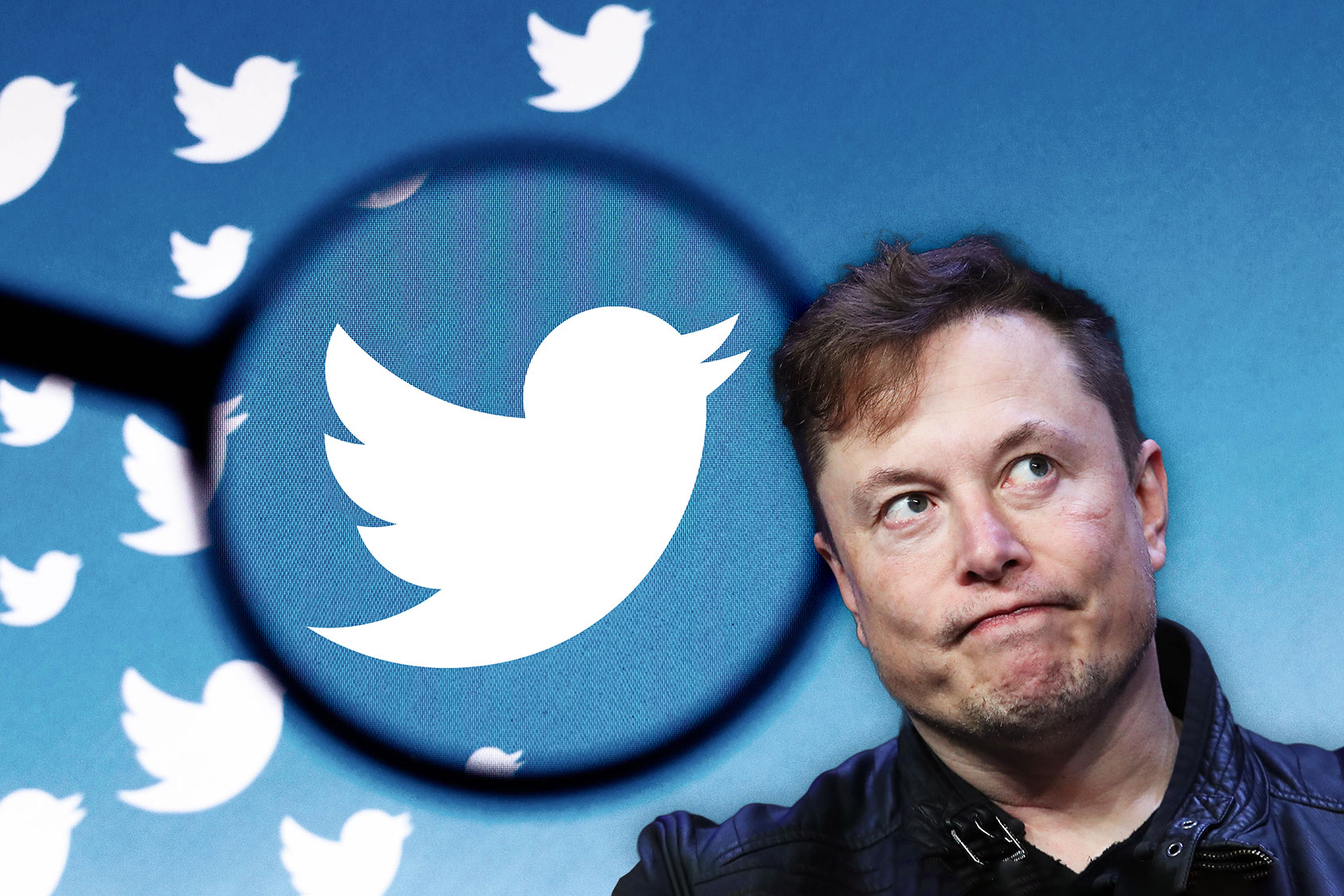Experts warned Sunday that the practice of Twitter adding official blue check marks to high-profile users on the social media platform without their consent could be a violation of FTC guidelines meant to prevent fraud.
The mysterious application of the blue checks — indicating that people had voluntarily paid to be members of the new Twitter Blue premium plan controversially launched by billionaire owner Elon Musk — was a source of endless online conversation over the weekend after living celebrities like basketball star LeBron James and novelist Stephen King as well as deceased people like food writer Anthony Bourdain and slain journalist Jamal Khashoggi had the checks applied to their accounts.
On Friday, Musk confirmed he was paying “personally” to keep the checks on at least some of these accounts.
The so-called “purge” began last week, when many institutions, organizations, and individuals discovered that the traditional “blue check” verifications they’d enjoyed for years — which indicated they were who they said they were and came at no cost — disappeared. (Full disclosure: Common Dreams, a nonprofit and independent news outlet, was stripped of its blue check verification last week.)
Over the weekend, others who said they did not sign up for the new Twitter Blue program started noticing new checks appearing on their accounts without warning.
this shit is funny https://t.co/Ipf80pq5si
— Evan Greer is on Mastodon and Bluesky (@evan_greer) April 23, 2023
According to Timothy Karr, senior director of strategy and communications for the media advocacy group Free Press, what Musk is doing with the blue checks is a violation of rules set up by the Federal Trade Commission (FTC).
“Musk has ‘gifted’ checks to celebrity Twitter accounts and other influencers without first seeking permission,” said Karr. But because the blue checks “act like endorsements of Twitter Blue,” the new paid program that charges $8 for premium access and status on the platform, this is where the violation comes in.
“False endorsements violate FTC rules, legally exposing Musk,” argued Karr.
Hey Twitter lawyers. The blue check mark @elonmusk is now assigning certain celebrities says that they “are subscribed” to Twitter Blue and their phone number has been verified. If one of those is not true, does that violate FTC or other rules/regulations? https://t.co/6lPLtM1vna
— David Corn (@DavidCornDC) April 23, 2023
Alejandra Caraballo, a clinical instructor at Harvard Law School’s Cyberlaw Clinic, backed up this legal assessment.
“Considering that the blue check states that someone is subscribed to and paying for a product, falsely adding that to large accounts may constitute a deceptive trade practice,” said Caraballo in an online post. “Paging the FTC.”
Unverified reports indicate that voluntary and paid signups for Twitter Blue have been meager, with estimates in the low double-digits or maybe several hundred. Either way, a far-cry from what would be needed to generate any meaningful profit from the program, which Musk indicated was the goal.
Writing for “Mashable” on Saturday, Chance Townsend detailed the mess of the whole episode:
“Musk appears to have mistaken the past prestige associated with ID verification for something that can be commodified. But it now looks like that bubble has burst. With legacy accounts having had their checkmarks removed, and the platform’s only ID verification system now saddled with stigma, the platform is facing a bad impersonation problem — a complication that spurred major advertisers to back out of Twitter in previous months.”
Meanwhile, with others online citing Section 43(a) of the Lanham Act, which covers rules about trademark and false endorsements, Caraballo argued that Stephen King or others who were “gifted” the check marks could bring legal challenges to Musk under the statute.
“Anyone given this without their approval could have grounds to bring a false endorsement claim,” she said. “That would be separate from a FTC investigation over deceptive trade practices.”
Earlier this month, one of Twitter’s top lawyers, Christian Dowell, who had been directly involved with the company’s ongoing discussions with the FTC over privacy and data issues, resigned.
In his Sunday thread on Twitter, Karr mentioned Dowell’s departure and then remarked, “Seems Musk never hired someone to fill that position.”

